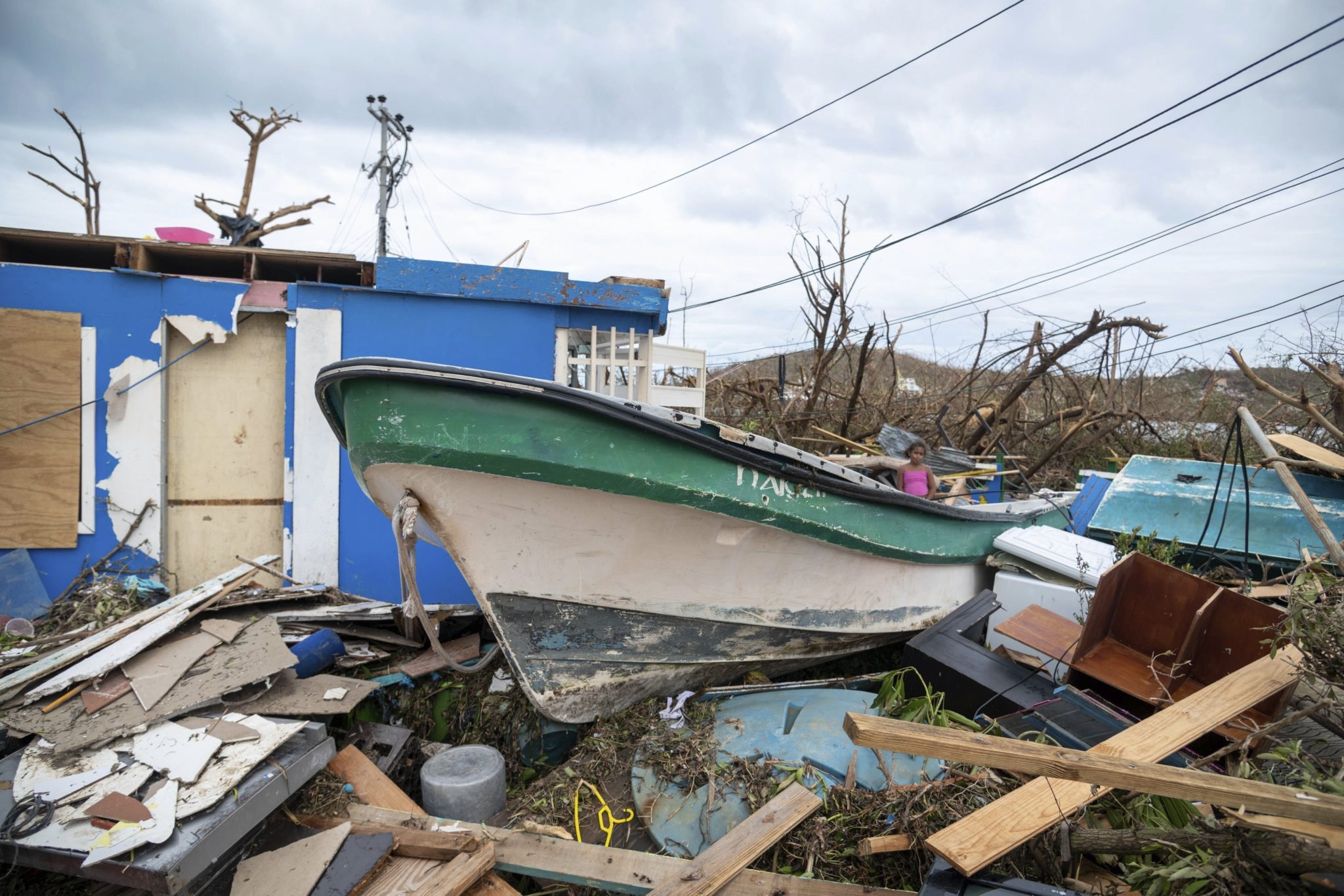

Officials in Fort Myers did not immediately provide a response to these concerns when contacted by CNN. The residents say they were among the last to get their power restored and shelters and relief centers are being set up too far away for people who don’t have access to vehicles. Latson is among the residents and community leaders in Florida who say the poor, majority Black neighborhoods such as Dunbar and River Park in Naples are forgotten as rescue and relief teams descend on the areas hit by Hurricane Ian last week. “We just don’t get the same service (as people in other parts of town).” “They need to make it convenient for those that don’t have transportation,” said Latson, who is disabled. “Our teachers are cut from a different cloth,” Oliver said, many of them coming in on an already scheduled day off to get their classrooms ready for tomorrow.Īround 50,000 students currently attend schools in the Collier County School District.Īccording to Collier County Schools’ website, free breakfast and lunch will be available to all students through Oct. Meanwhile, more than 22% of the teachers live in hard-hit Lee County, but Oliver says the district is confident it is ready to reopen with the help of more than 800 substitute teachers.

The destruction caused by last week's Category 4 storm compounded a problem that already existed in the city of Naples - the difficulty in finding affordable rental housing, Oliver said. Their homes had been destroyed and they were moving elsewhere, he said. However, Oliver says several families showed up at a school donation drive Wednesday to say goodbye to teachers.

Indeed, it is Hobbes’s view that submission to laws determined and governed by an Absolute Sovereign is the only means of escape from the State of War.“Schools are really like an engine,” Oliver he told CNN. According to Hobbes, it is in the rational self-interest of all individuals to divest themselves of many natural rights and to submit to an Absolute Sovereign body in order to avoid the disasters of a State of Nature qua State of War. Nonetheless, much of the popular media representations of the Katrina aftermath characterized the situation in a manner reminiscent of Hobbes’s famous thesis that the State of Nature-the lawless, extra-political form of human interaction-is tantamount to a State of War of all against all (bellum omnium contra omnes). In many cases, the actions of the destitute were simple attempts to survive in vacuum of disarray that remained as the aftermath of the destruction and the federal government’s deplorably sluggish response. In New Orleans, the epicenter of the disaster, reports of theft, looting, rape, and murder abounded in the days following the storm. However, perhaps the more costly than these economic losses are the social, moral, and political impacts of the disaster and the governmental responses. The 2005 Hurricane Katrina was the costliest natural disaster in the history of the United States (property damage estimates exceed $80 Billion). Aftermath or Hurricane Katrina, Illustrating Hobbes’s Thesis that the State of Nature is a State of War, photograph by Infrogmation, 2005.


 0 kommentar(er)
0 kommentar(er)
